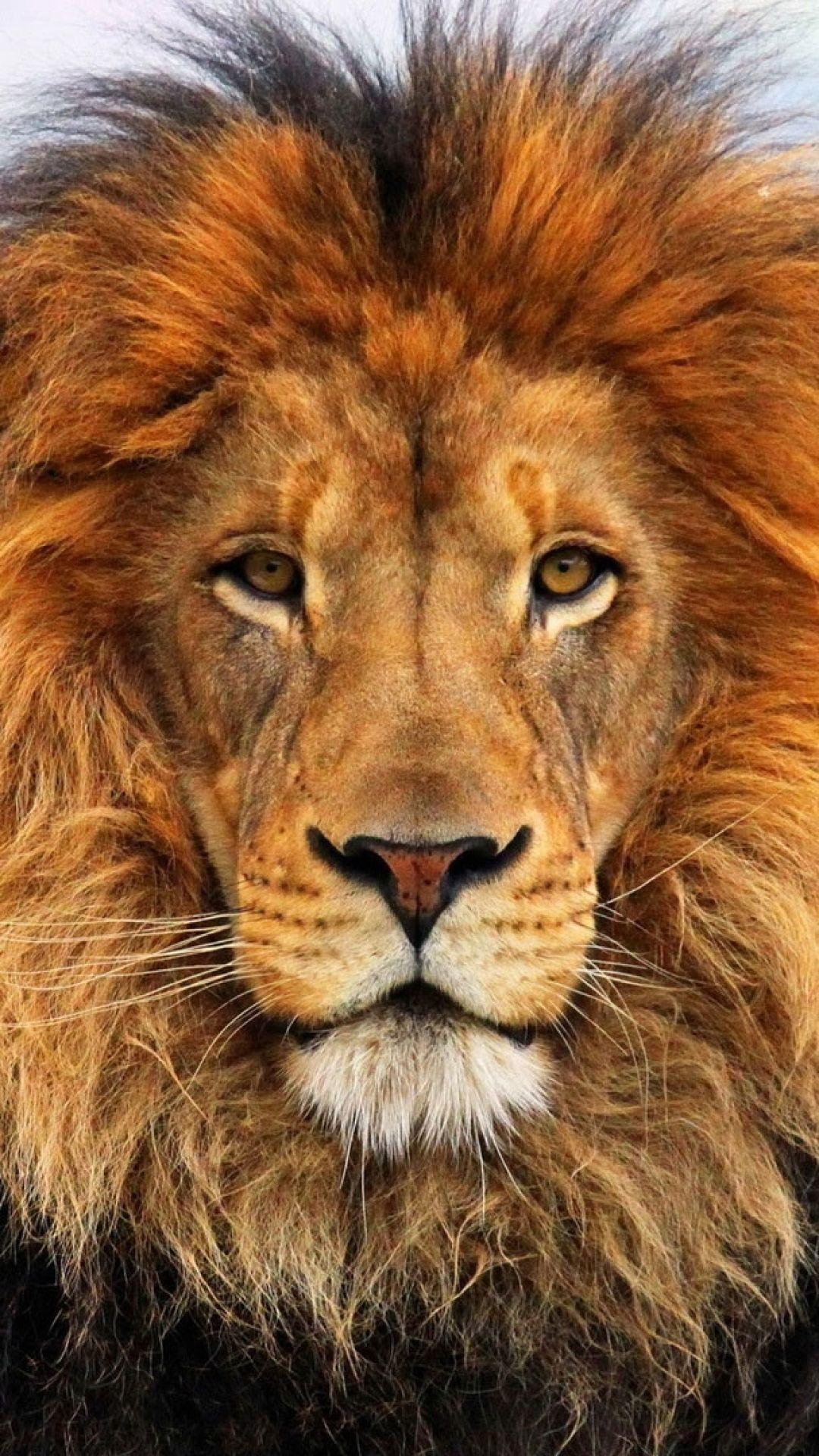Introduction to Lions and Their Significance
Lions, often hailed as the kings of the jungle, have fascinated humans for centuries. Known for their majestic appearance and commanding presence, these big cats have played significant roles in various cultures and ecosystems. In 2024, our understanding of lions continues to evolve, offering new insights into their behavior, ecology, and the challenges they face in the modern world. The term "lions made" can refer to the natural creation and development of these creatures, as well as how humans perceive and interact with them. This article delves into the world of lions, exploring their biology, the symbolism they carry, and how we can contribute to their conservation.
The Biology of Lions: What Makes Them Unique
Lions are part of the Panthera genus, which includes other big cats like tigers, leopards, and jaguars. These magnificent animals are distinct for their muscular build, large heads, and the males' iconic manes. A lion's mane is not just for show; it serves as a sign of maturity and health, and it plays a critical role in attracting mates. Female lions, on the other hand, are the primary hunters of the pride, showcasing their prowess and teamwork. Lions are social animals, living in groups called prides, which typically consist of related females and a few males. This social structure is unique among big cats and provides several survival advantages, from cooperative hunting to communal care of the young.
Lions in Culture and Mythology
Throughout history, lions have been symbols of strength, courage, and royalty. In ancient Egypt, lions were associated with the sun god Ra, and their images were used to symbolize protection and power. In Hindu mythology, the lion is the vahana (vehicle) of the goddess Durga, representing bravery and strength. The enduring image of the lion as a regal creature can be seen in the coats of arms and flags of various nations and cities. This cultural significance underscores the importance of lions not just as animals but as powerful symbols in human storytelling and identity.
The Role of Lions in Ecosystems
Lions play a crucial role in maintaining the health and balance of their ecosystems. As apex predators, they help control the population of herbivores, which in turn influences the vegetation and overall health of their habitat. This cascading effect, known as a trophic cascade, highlights the importance of lions in preventing overgrazing and maintaining biodiversity. In 2024, with increasing human encroachment and habitat loss, understanding and preserving the ecological roles of lions is more critical than ever. Conservation efforts focus on creating and maintaining protected areas where lions and other wildlife can thrive without human interference.
Conservation Challenges and Efforts
Despite their cultural and ecological significance, lions face numerous threats in the wild. Habitat loss, human-wildlife conflict, and poaching are the primary challenges impacting their populations. As human populations grow, lion habitats are increasingly fragmented, leading to isolated groups and reduced genetic diversity. Conservation organizations worldwide are working tirelessly to address these issues through various initiatives, such as anti-poaching patrols, community education programs, and translocation projects to boost genetic diversity. In 2024, innovative technologies like GPS tracking and drones are being employed to monitor lion populations and enhance conservation efforts.
How You Can Help: Supporting Lion Conservation
Individuals can play a significant role in lion conservation by supporting organizations dedicated to protecting these majestic animals. Donations to reputable wildlife charities help fund critical research and conservation projects. Additionally, spreading awareness about the plight of lions through social media and community events can inspire others to take action. Responsible ecotourism is another way to contribute, as it provides funding for conservation while offering a unique opportunity to observe lions in their natural habitat. By choosing tour operators that prioritize conservation and ethical wildlife viewing, you can enjoy an unforgettable experience while supporting the preservation of these incredible animals.
The Future of Lions: Looking Ahead to 2024 and Beyond
As we move further into 2024, the future of lions remains uncertain but hopeful. Advances in technology and a growing global awareness of environmental issues are paving the way for more effective conservation strategies. Collaborative efforts between governments, NGOs, and local communities are crucial in ensuring the survival of lions for future generations. By continuing to support these initiatives and fostering a deeper understanding of lions and their importance, we can work towards a more sustainable future where humans and wildlife coexist harmoniously. The story of "lions made" is one of resilience and adaptation, reminding us of our responsibility to protect the natural world.
Conclusion: Celebrating the Majesty of Lions
Lions embody the wild beauty and untamed spirit of the natural world. Their presence in our lives, whether through cultural symbols, wildlife documentaries, or personal encounters, enriches our understanding of nature and our place within it. By appreciating and protecting these magnificent creatures, we honor a legacy that stretches back through human history. The challenges lions face today are significant, but with collective effort and commitment, we can ensure that they continue to roam the African savannas and beyond, inspiring awe and admiration for generations to come.
You Might Also Like
Understanding Zacks Ranks In 2024: A Comprehensive Guide For InvestorsA Comprehensive Guide To Abrutal Inhalers: Tips, Reviews, And Tutorials For 2024
Exploring The Timeless Appeal Of "Gurren Lagann" In 2024
Understanding Inflation Periods: A Comprehensive Guide For 2024
Delicious Lasagna Recipe: A Step-by-Step Guide For 2024
Article Recommendations
- Unveiling The Financial Journey Of Jubu Smith Net Worth And More
- Black Lab Pit Mix Lifespan Average Factors Affecting It
- Josie Harris Net Worth Insight Into Her Life And Legacy
/cdn.vox-cdn.com/uploads/chorus_image/image/70882224/usa_today_17479605.0.jpg)

